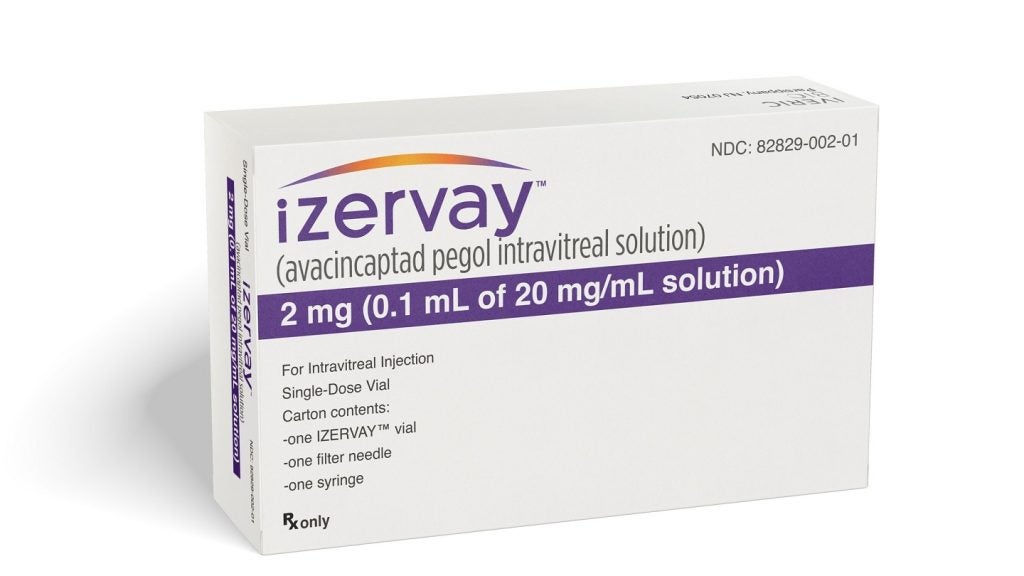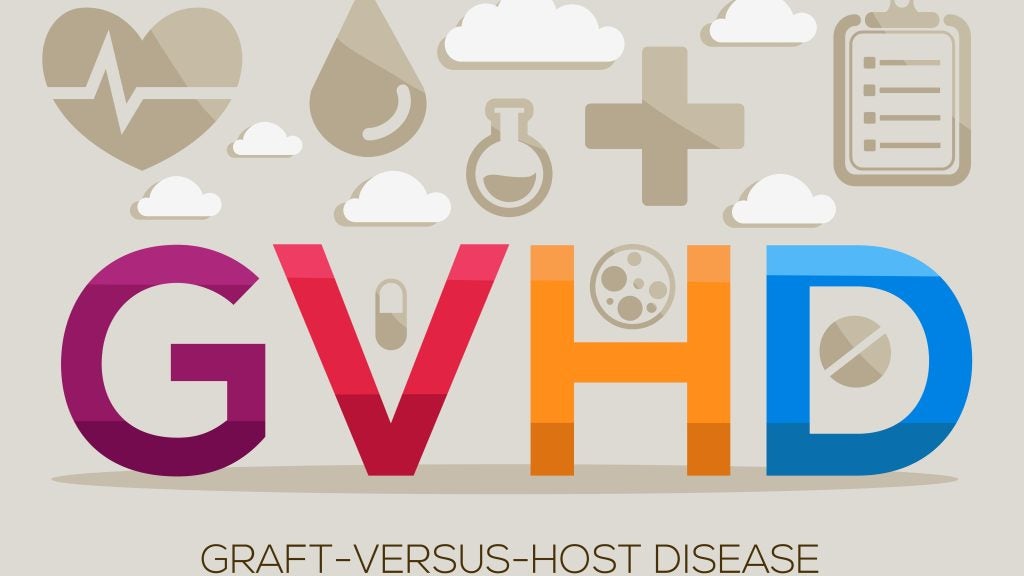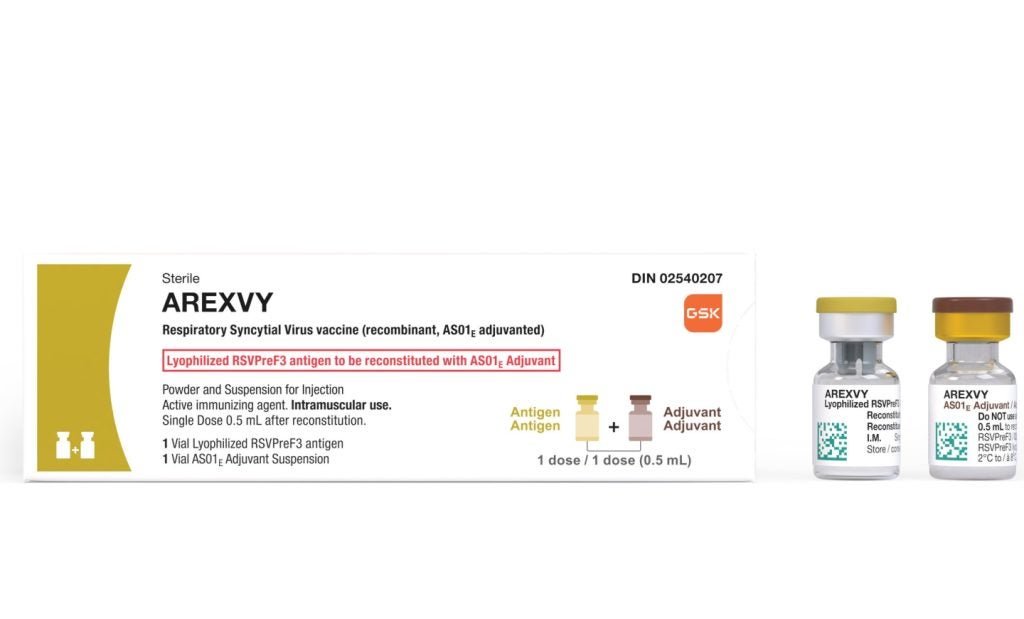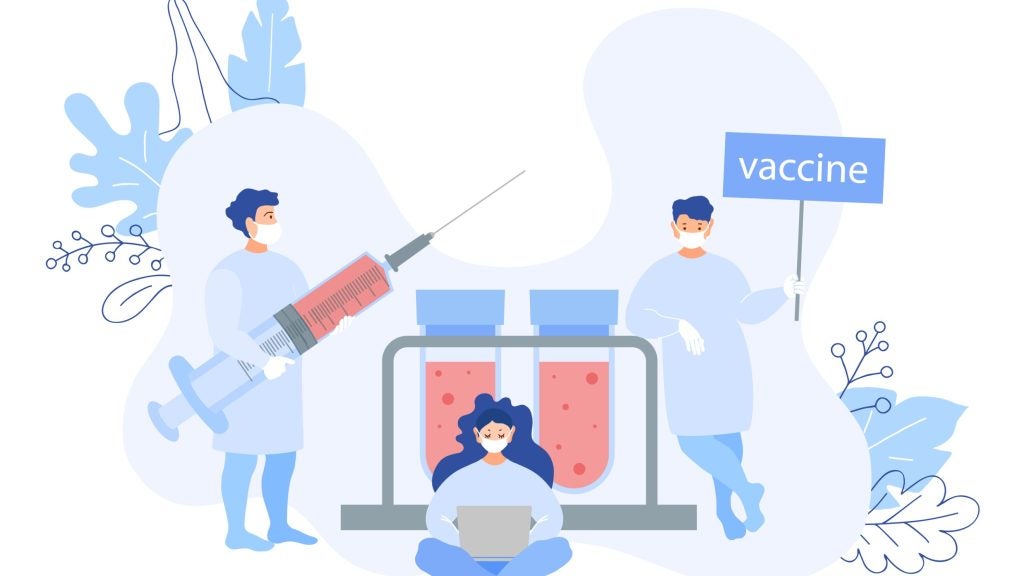Iveric Bio, an Astellas company, has received clearance from the US Food and Drug Administration (FDA) for IZERVAY (avacincaptad pegol intravitreal solution).
The treatment is indicated for geographic atrophy (GA) secondary to age-related macular degeneration and is expected to be available in the US in late August 2023.
The approval is based on the GATHER clinical trial programme that includes the GATHER1 and GATHER2 Phase III studies.
These trials compared the safety and efficacy of IZERVAY in patients with GA against sham [placebo].
Patients in both studies received 2mg of the formulation monthly through intravitreal administration.
At baseline, six months and 12 months, the rate of GA progression was evaluated.
A statistically significant reduction in GA progression rate at 12 months was demonstrated across the two studies - a primary endpoint.
A reduction of up to 35% in disease progression was observed as early as six months into the first year of treatment.
Common adverse reactions reported at 12 months were conjunctival haemorrhage, intraocular pressure and blurred vision.
Iveric Bio president Pravin Dugel stated: “We are thrilled to receive FDA approval of IZERVAY and to offer a new therapy to physicians and appropriate patients in the US.
“Time matters, vision matters and safety matters in this devastating progressive disease.
“We would like to thank everyone involved in reaching this milestone and helping us deliver on our commitment to pioneer transformational therapies for retinal diseases.”
The company is also reviewing the potential financial impacts of the FDA approval for the fiscal year ending March 2024.














